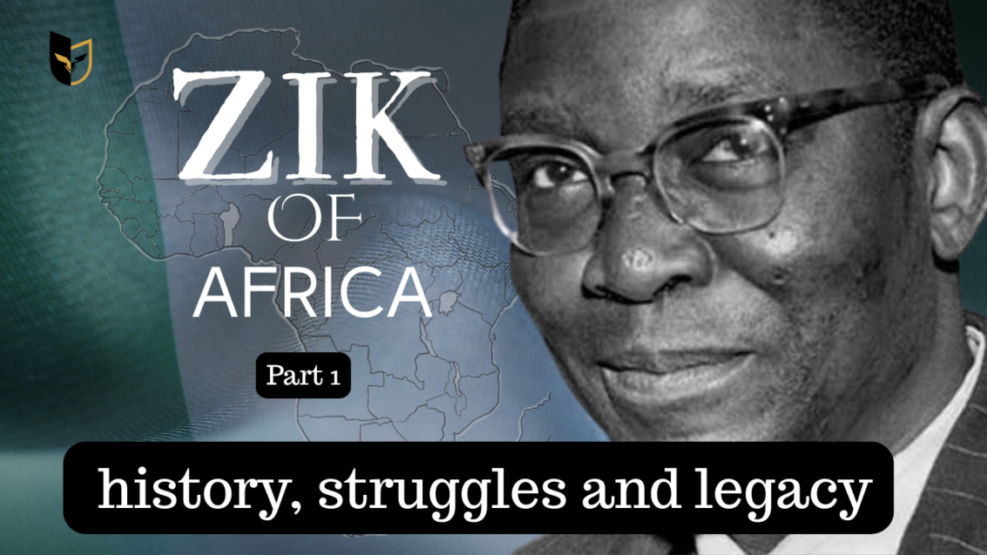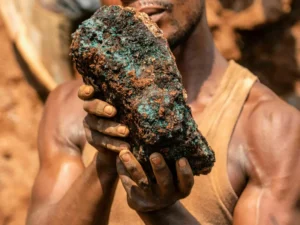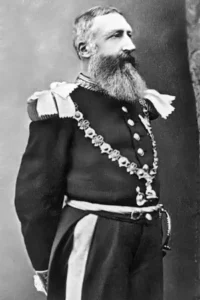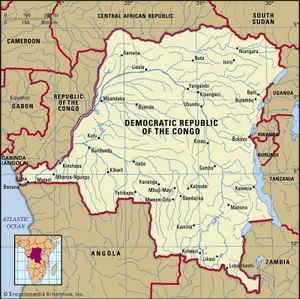No products in the cart.


Over a year ago, there was an awareness campaign on social media about the killings going on in Congo. The cry-out was about the blackout of the media; both global and continental, on the sufferings of the people of Congo. Many were killed in what looked like a sustained genocidal attempt. Gory photos of dead men, women and children lay on the streets as masses of people displaced from their homes as refugees carrying their belongings on their heads.
The campaign was labelled Congo Is Bleeding, Free Congo among others. There was no better rallying message than this. Congo is bleeding indeed and there is no guarantee when the bleeding would end.
Congo, according to the EU’s Generalised Scheme of Preferences, “is considered the world’s richest country in terms of wealth in natural resources. Most of the raw mineral deposits remain untapped and are worth an estimated $24 trillion. These deposits include the world’s largest coltan reserves and considerable amounts of cobalt.” Other rich minerals like gold, ore, petroleum and cocoa among others, grace the Congo’s soil. It also boasts of about 20 timber species, choicest herbs, and fauna. As the richest country in Africa and in the world, these resources could improve the well-being of the people of the country and Africa by extension but Congo is one of the poorest countries of Africa and the world.

An artisanal miner holds a cobalt stone at the Shabara artisanal mine in the DRC. Junior Kahhah/AFP via Getty Images
Cobalt is used in the production of batteries, smartphones, computers and electric vehicles. The technological advancement of the world depends on the country as part of the supplier of raw materials.
While the world marvels at the wonders of technology, Congo is indeed bleeding.
The people of Congo have for a long time been at the receiving end of instability as well as near extermination ranging from the colonial era to the present time where Congo for these blessings of the almighty in their soil have been paying with their lives.
“The Free State of the Congo was ruled by King Leopold II as his personal dominion from 1885 to 1908 before it became administered by Belgium. The colonial administration wielded control over the native population by imposing a regime of terror, and there were frequent mass killings and mutilations. Violence and terrorism were the means adopted to impose the will of the Belgian king and the trading agents over the African people. According to historical documentation, between five and 10 million people died as a result of the colonial exploitation under the rule and administration of King Leopold II and his functionaries.” written in Ajuntament de Barcelona.
While many people still talk about the genocide of the Jews by Adolf Hitler, King Leopold II does not often receive such apoplectic condemnation or societal opprobrium for causing the death of these millions of the people of Congo.

King Leopold II. Britannica
The European conquest under colonial rule, divided Congo between France and the King of Belgium protecting their interests and colonial ambitions thereby creating a wedge between a people who shared the same culture, language and heritage and further created two countries out of them. The Democratic Republic of Congo and The Republic of the Congo. But mineral resources abound in the DRC and especially in Goma in North Kivu province.
These colonial interests, for control, along with the corrupt leaders of Congo, have put the country through unending instability which even soon after gaining independence, the country devolved into chaos which led to the gruesome death of its pioneer Prime Minister Patrice Lumumba and the takeover by the France loving Mobutu Sese Seko who ruled Congo with iron-fist. The series of instability has cost the country the needed growth and development from its vast rich resources. To fight poverty, many children are conscripted into mining these raw materials and they are exposed to many dangers and more importantly, slave labour of paid pittance to the amount of work done.
Currently, Congo, again, is bleeding.

“The well planned and executed seizure of Goma, the capital of the strategic and mineral-rich North Kivu province in the eastern Democratic Republic of the Congo (DRC), continues a widening offensive by M23 since 2022 to seize control of territory in the eastern DRC.” African Centre reports
“The March 23 Movement (M23) – Mouvement du 23 Mars in French — is an armed group operating in Nord Kivu province of the Democratic Republic of Congo (DRC), with alleged backing from the Rwandan government.” Armed Conflict Location & Event Data described.
Armed Conflicts in Congo seemed about the control of the rich mineral resources and the control of the region.
Goma is a town bordering the DRC and Rwanda. The M23 a few days ago declared capture of the city and vowed to march to Kinshasa, the capital of the DRC. With the conflict linked to the Hutu-Tutsi genocide, “Rwanda, for its part, says its primary aim is to eradicate fighters linked to the 1994 genocide, accusing the Congolese military of joining forces with ethnic Hutu-led militias bent on slaughtering Tutsis and threatening its neighbour.” Aljazeera wrote.
“Rwanda’s army twice invaded DR Congo, saying it was going after some of those responsible for the genocide… Rwanda has in the past consistently denied that it supported the M23, but ever since 2012 UN experts have accused it of providing weapons, logistical support and even ultimately commanding the rebels.” As recounted by the BBC.
While the stated reason by the Tutsi-born Paul Kagame who was also a leader of the Tutsis during the 1994 genocide, now President of Rwanda, may not only desire to eradicate the fighters linked to the genocide, he may have other intentions.
“DR Congo and multiple UN reports have accused Rwanda of using the conflict as a way of looting Congolese minerals…In recent years, the M23 has seized several lucrative mining areas…They also noted a huge rise in Rwanda’s mineral exports in recent years, most of which is believed to come from DR Congo.” BBC reports.
African Union Peace and Security Council “strongly condemns the heinous attacks by the M23, unequivocally condemns any foreign military support being provided to M23” among other resolutions. Beyond condemnations, AU could be instrumental in freeing Congo.
As it is, Congo is bleeding from foreign imperialist interests, Rwanda and Congolese leaders.
After fighting for independence and gaining it from the clutches of the imperialists, Congo is not free and as it is, the citizens are crying out through the rallying Congo Is Bleeding or Free Congo messages. As the humanitarian situation in Congo increases with the armed conflict, humanity is called upon to help raise voices towards freeing Congo and its resources for the benefit of the people.
Ephraim Adinlofu says:
The world is in a competition. It is like the survival of the fittest. If a country is weak internationally but strong in oppressing her own people, then that country is open to imperial and neocolonial manipulations. Our people need new ideas, new deals, and new mass consciousness. For now, the consciousness in most African countries is nothing to write home about.
Ephraim Adinlofu says:
Good piece, but how do we confront the role of imperialism and neocolonialism in the damaging and distortion of African economies? It is simply unfortunate that since Patrice Lumumba, the elected Prime Minister of the DR Congo was assassinated in January 1961, his country is still in turmoil by 2025, says a lot about the humanity in the Congolese internal collaborators; about the leaders of the African Union; about the UN, imperialism and neocolonialism. It says a lot! Uwa di e gwu!